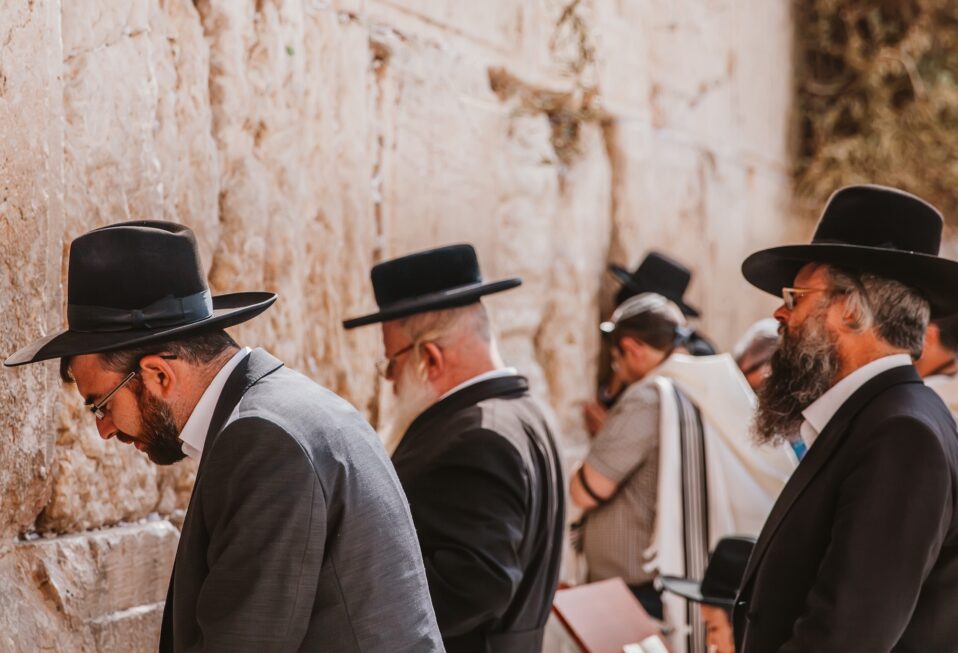By Stephen Faircloth
“Be careful to celebrate the Day of Atonement on the tenth day of that same month, nine days after the Festival of Trumpets. You must observe it as an official day for holy assembly, a day to deny yourselves and present special gifts to the LORD” (Leviticus 23:27).
Yom Kippur is the holiest day in the Jewish year. It is called the Day of Atonement, a sacred time set apart for repentance, reflection, and renewal before God. The period leading up to this day, beginning with Rosh Hashanah, is known as the Ten Days of Awe.
It is seen as an opportunity to prepare your heart and repair relationships before standing in humility before the Lord. According to Jewish tradition, this is when God determines whose names will be written in the Book of Life for another year.
Because of its seriousness, many prepare weeks in advance. In some traditions, prayers for forgiveness called Selichot are recited even before Rosh Hashanah, ensuring that one enters this season ready to meet God in repentance. Yom Kippur itself is seen as a day of judgment, when individuals stand before the Lord in fasting and humility.
The symbols of the day also reflect its purpose. For instance, it is customary to wear white, and in many communities, men put on a white robe called a kittel. This practice recalls the promise in Isaiah 1:18: “Come now, let’s settle this. Though your sins are like scarlet, I will make them as white as snow. Though they are red like crimson, I will make them as white as wool.”
Prayer lies at the center of the observance. Yom Kippur has more services than any other Jewish festival, with five held throughout the day. Among them, the Viddui is the central confession, asking forgiveness not only for personal sins but also on behalf of the entire Jewish people.
This prayer reflects the biblical truth found in Jeremiah 17:9: “The human heart is the most deceitful of all things, and desperately wicked. Who really knows how bad it is?” Repentance on Yom Kippur emphasizes not only admitting sin but also making genuine changes in behavior.
The call to reconciliation mirrors teachings found in the New Testament as well. Jesus instructed His followers that if they bring an offering to God while knowing that a brother holds something against them, they must first seek reconciliation before presenting their gift.
In the same way, Jewish tradition stresses the importance of making peace with others before coming to God in fasting and prayer. Forgiveness and reconciliation with people prepare the way for forgiveness from God.
Another important element of the day is the reading of the Book of Jonah. Jonah’s story highlights the struggle between human resistance and God’s mercy. Though commanded to call the people of Nineveh to repent, Jonah wrestled with questions of who deserved judgment and who deserved forgiveness.
His experience often reflects our own tendency to doubt, resist, and decide for ourselves who is worthy of redemption. Yom Kippur reminds worshippers to turn from such disobedience and join God in extending His mercy.
For those who believe in Jesus, Yom Kippur also carries a powerful message. The day points to the work of the Messiah, who provides the ultimate atonement by taking away sin. This truth offers both assurance of forgiveness and a continual call to live in repentance.
Stephen Faircloth is the President of CBN Israel, an initiative dedicated to sharing the true story of the Jewish nation and inspiring a global community of Christians to stand with Israel and support her people in need. Our vision is to reshape the global conversation about Israel by fostering understanding, hope, and healing between Jews and Christians around the world. For more than 50 years, the Christian Broadcasting Network has supported Israel. By joining CBN Israel, you become part of this enduring legacy, transforming lives today and strengthening Christian support for Israel for generations to come.




Post a comment